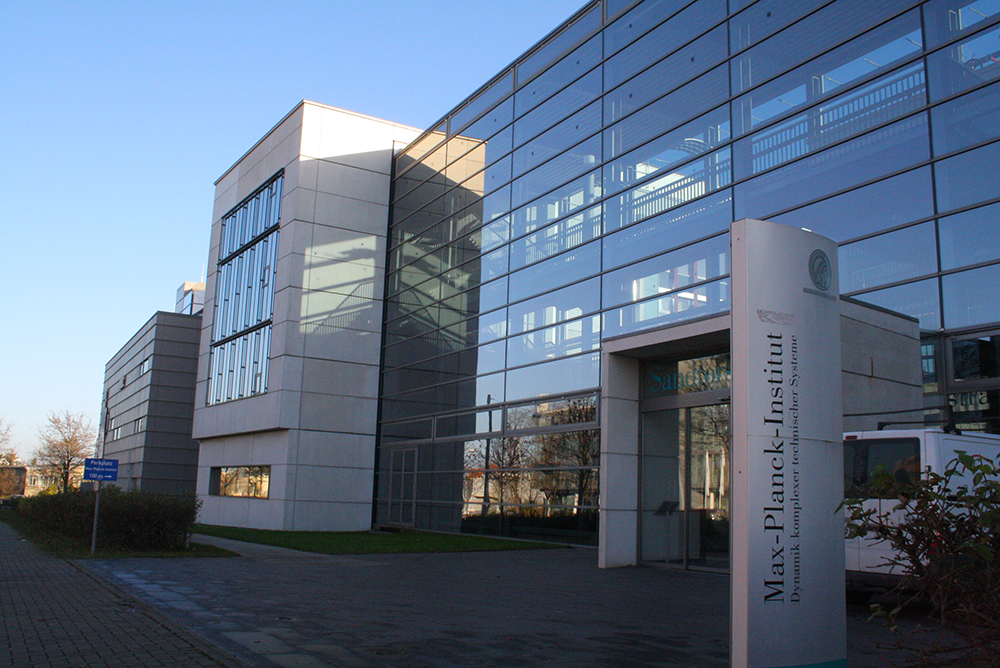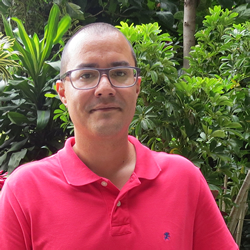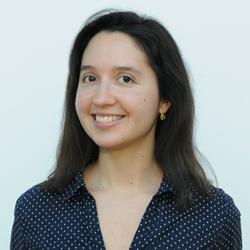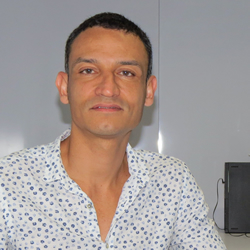Z7_89C21A40LG8A60AQRAT43F2ON2
 Portal U de A - Cabezote - WCV(JSR 286)
Portal U de A - Cabezote - WCV(JSR 286)
Z7_89C21A40L0MUA0AQNNIO0C1843
 Signpost
Signpost
Listado
Z7_NQ5E12C0L8HN806DM3T0VRVAU4
 Portal U de A - Visor de Contenido - WCV(JSR 286)
Portal U de A - Visor de Contenido - WCV(JSR 286)
Z7_NQ5E12C0L8HN806DM3T0VRVAU6



 Photo: Max Planck Institute facility in Dresden, Germany
Photo: Max Planck Institute facility in Dresden, Germany This group is led by Frank William Avila, BSc, PhD, a Hawaiian biologist and geneticist with extensive experience in reproductive biology of insect vectors. At Cornell University, he led a study to analyze the mechanisms of sperm storage in flies of the genus Drosophila.
This group is led by Frank William Avila, BSc, PhD, a Hawaiian biologist and geneticist with extensive experience in reproductive biology of insect vectors. At Cornell University, he led a study to analyze the mechanisms of sperm storage in flies of the genus Drosophila.  This group is led by Pilar Cossio-Tejada, BSc, PhD, who graduated from Universidad de Antioquia with a bachelor’s degree in Physics. She earned her PhD in Physics and Chemistry of Biological Systems from Scuola Internazionale Superiore di Studi Avanzati (SISSA), Italy. She also pursued her postdoctoral training at the National Institutes of Health (NIH) - a part of the U.S. Department of Health and Human Services – and the Max Planck Institute of Biophysics.
This group is led by Pilar Cossio-Tejada, BSc, PhD, who graduated from Universidad de Antioquia with a bachelor’s degree in Physics. She earned her PhD in Physics and Chemistry of Biological Systems from Scuola Internazionale Superiore di Studi Avanzati (SISSA), Italy. She also pursued her postdoctoral training at the National Institutes of Health (NIH) - a part of the U.S. Department of Health and Human Services – and the Max Planck Institute of Biophysics. The Nanobioengineering research group is led by UdeA Institute of Chemistry graduate Jahir Orozco, BSc, MSc, PhD. He pursued his PhD in Chemistry at the University of Barcelona and the Institute of Microelectronics Barcelona (IMB) where he graduated with honors. He also completed postdoctoral research fellowships in the U.S., France and Spain. “After living abroad for 14 years I felt the need to return to Colombia in order to use my knowledge and experience to benefit my compatriots,” Orozco said.
The Nanobioengineering research group is led by UdeA Institute of Chemistry graduate Jahir Orozco, BSc, MSc, PhD. He pursued his PhD in Chemistry at the University of Barcelona and the Institute of Microelectronics Barcelona (IMB) where he graduated with honors. He also completed postdoctoral research fellowships in the U.S., France and Spain. “After living abroad for 14 years I felt the need to return to Colombia in order to use my knowledge and experience to benefit my compatriots,” Orozco said.